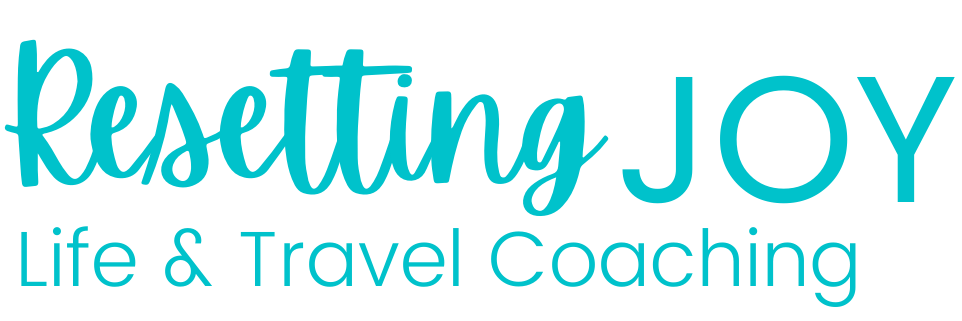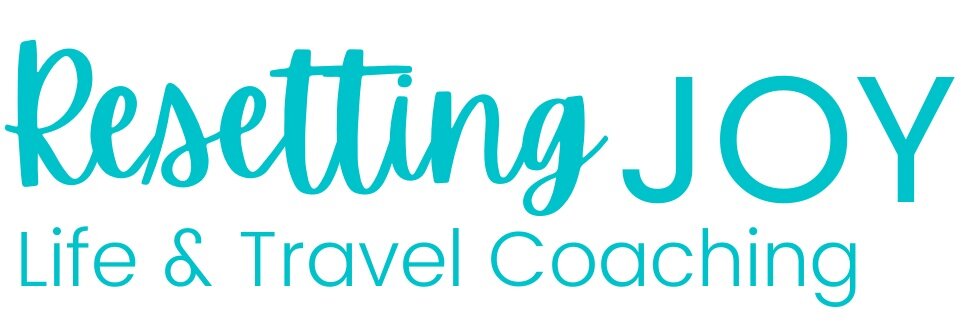Acceptance Without Resignation
Just accept it!
Has anyone ever said that to you? Did it help?
I'm just going to go out on a limb here and assume it didn't help any more than being told to calm down helps when you're upset.
This kind of "acceptance" is actually resignation. You resign yourself to being at the mercy of some circumstance. It's kind of like being faced with a big brick wall - you can get beyond it by going over it. You get through the experience and feel worn out when it's over. It's all willpower but no healing or learning. This kind of acceptance may or may not be temporary but it's definitely not peaceful.
What if there was a different way to look at this?
I'm going to pose that there is another kind of acceptance that is easier to manage long term. This type of acceptance views new circumstances as the beginning of a new set of options rather than a brick wall.
It goes like this. You accept that a thing has happened without judgment. It just is. You then treat the situation as new information you can use to make a decision. You get creative. You look not only at doors that have closed but doors that have opened or were previously obscured by other options. With this type of acceptance, you look for opportunities to circumvent issues. You find ways around and through the wall that don't entail climbing the whole thing. You’ll usually gather others around you for ideas or work towards solutions together.
Acceptance type #1 is focused on solving a problem and sounds like this:
This sucks, I'll figure it out.
I'm fine, it's fine.
Whatever.
Acceptance type #2 is solution-focused and sounds like this:
Huh, that's fascinating let's find another solution.
What's possible now that wasn't before?
I'm curious, what would happen if we…?
It's your choice. When things don't go as planned, you can either see them as problems or as new challenges that you get to move toward a solution. The former is a default setting for most people but the latter is a skill and it can be learned just like anything else. In fact, I'd be willing to bet that at least occasionally you already practice this skill.
Acceptance type #1 is either a solitary endeavor or perhaps lives in the realm of misery loves company. Either way, it drains your energy. Type #2 is generally approached with the help of others and can be invigorating.
While you CAN work through things by yourself, my question is do you want to? Will you get there faster if you do? Is it more fulfilling if you do? Your answer to any or all of these might be yes and that's fine. If not, give this 2nd version of acceptance a try. Think of a current obstacle and try these steps:
Define success (i.e., the essentials and purpose of the end goal not the specifics of the path to get there)
Gather a team for ideas, support, or to actually work through it with you
Do the things
Celebrate learning and accomplishments with your people.
Doing this just takes practice, that's it. Just begin. Over time it will become a habit to look for options. Eventually, even when things happen that you truly can't change or solve, you'll still be able to see them in a different light. This practice is a step toward rewiring how you see the world and toward rational optimism - the belief that things will work out, there is a way forward, and your effort matters. Irrational optimism is the belief that everything is great all the time and you should always look on the bright side. As Shawn Achor writes irrational optimists have "a warped vision of reality, which is based on desire, not how things actually are."
If acceptance without judgment is not your default right now, give it a try the next time you are faced with something unexpected. Go easy on yourself if it is tricky for you at first. This is not a light switch kind of habit, it will take time. You're building a new kind of muscle and like those in your arms and legs it takes time to develop. If you stick with it, it will change more of your world than you can imagine.
I'd love to hear how it goes.
Have you ever wondered how happy you really are and what you could do to change your happiness level?
Get the assessment to find out!




